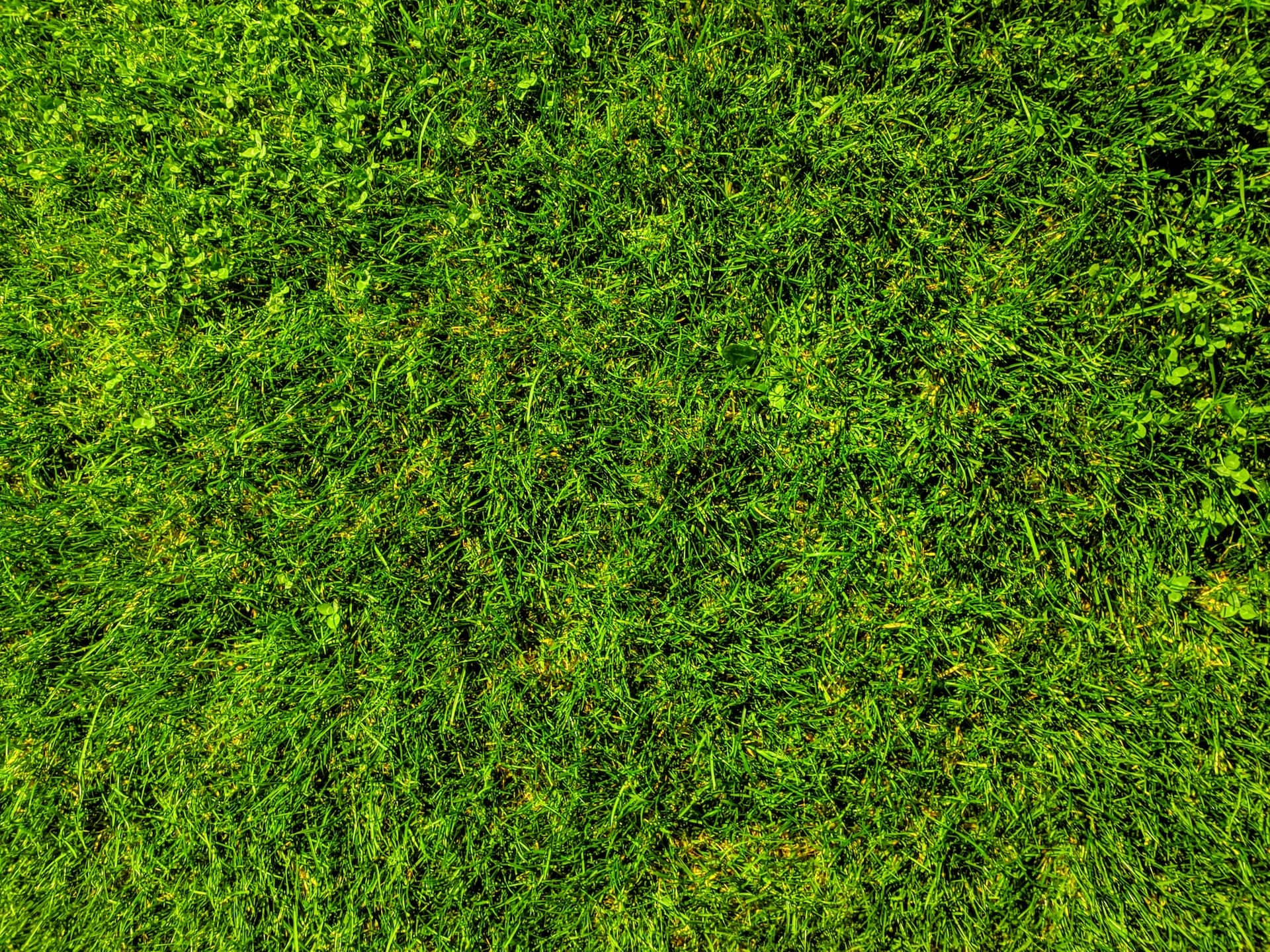Solo Agency has struck a groundbreaking deal with an Isle of Wight biogas firm to generate more than 950,000 kWh of electricity using grass from the Isle of Wight Festival site, almost twice the amount of energy used during the festival.
The Newport-based Black Dog biogas plant supplies power to the Vestas Offshore Wind Blades facility, further contributing to the sustainability outcomes of the project.
Turned over festival camping land to biofuel production
Solo Agency, owned by Isle of Wight Festival leaders John and Caroline Giddings, has turned over the land it holds for festival camping to biofuel production – with grass harvesting being conducted either side of the June event.
The land was previously managed solely for use by the festival so the new arrangement brings the land into productive use year-round.
Generating electricity for the National Grid or local use
Black Dog Biogas is a green energy company, set up in 2014 and expanded in 2018, to utilise agricultural crops from the Isle of Wight to generate electricity for the National Grid or local use.
The plant started production in 2015 and has been operating using maize, whole crop cereals and grass as its feedstock to produce biogas to generate electricity.
The digestate emanating from the plant is recycled back onto agricultural land for crop production.
Most sustainable Festival in the country
The Isle of Wight Festival aims to be the most sustainable in the country and the new project is the latest in a host of initiatives designed to make the festival more sustainable. These include:
- No waste from the festival is sent to landfill
- Sustainable travel encouraged via key ticketing partnerships
- Strict Environment Requirements document issued to food and beverage suppliers with clear rules around plastic, waste and renewable materials e.g. only compostable serveware and cutlery are allowed to be used
- A deposit return scheme for cups and bottles to encourage re-use
- Water reduction measures such as the use of push taps across the site – with all water piping then donated to local farms at the end of the festival for use in irrigation
- a goal of a 50% cut in greenhouse gas emissions by 2030.
Installation of a new electricity sub-station
The Isle of Wight Festival is committed to continuous improvement in sustainability and is currently working with the Isle of Wight Council on a scoping exercise around the potentially game-changing move of installing a new electricity sub-station near the site.
This would enable the most energy intensive areas of the festival to be powered from the grid rather than generators, leading to a significant reduction in greenhouse gas emissions.
Giddings: We’re proud that we will be doing our bit
John Giddings said,
“I’m really pleased that we’re able to give our land a new lease of life, helping to generate renewable energy and making sure the fields are used productively year-round.
“On top of delivering one of the UK’s best music festivals on the Island, we have also sought to play a positive role in the local community and we’re proud that we will be doing our bit in the push for a more sustainable future for the Island.”
Building on a decade of work
Caroline Giddings said,
“We want the Isle of Wight Festival to be the most sustainable festival in the UK.
“Year on year we have done more to ensure that our event is as sustainable as possible, from small scale changes, such as the type of cups and cutlery we use, to systemic shifts such as the push to get the main stage area on the electricity grid.
“This latest initiative builds on that decade of work to keep us at the forefront of environmental activity in the industry.”
News shared by Katie on behalf of Solo Agency. Ed
Image: boldizsar bednarik Image: mesh under CC BY 2.0





